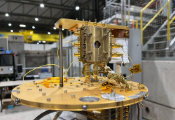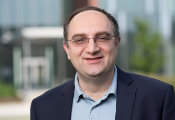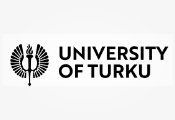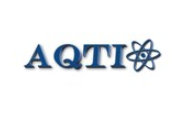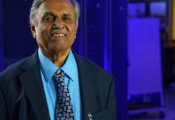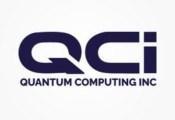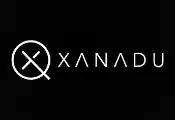Open Quantum Design Announced World’s First Open-Source Trapped-Ion Quantum Computer Platform
January 16, 2025 -- Open Quantum Design (OQD), a non-profit organization based in Waterloo, has announced the launch of the world’s first open-source, full-stack, trapped-ion quantum computer. This initiative is designed to accelerate global quantum research, break down barriers between academia and industry, and cultivate a collaborative ecosystem. OQD is partnering with industry leaders Xanadu, the University of Waterloo, the Unitary Foundation, and Haiqu to create a platform where hardware, software, and training are freely accessible.
DEMOCRATIZING QUANTUM COMPUTING
OQD, founded by a team of researchers from the University of Waterloo—Roger Melko, Crystal Senko, and Rajibul Islam—alongside entrepreneur Greg Dick, is focused on providing accessible resources for quantum computing. The organization’s platform is designed to share not only the hardware and software of their trapped-ion quantum computer but also detailed intellectual property, enabling researchers, developers, and institutions worldwide to contribute to and benefit from this shared ecosystem.
The trapped-ion quantum computer developed by OQD uses ions, or charged atoms, manipulated through electromagnetic fields to perform computations. As reported in the release, this system stands out for its precision and scalability potential, making it a vital tool for advancing quantum research. Greg Dick emphasized the significance of the open-source approach, stating, “By sharing resources, knowledge, and designs as a global community, we will accelerate the development of quantum technologies. There are researchers and companies all over the world racing towards the realization of a working quantum computer, and what we are providing is an open platform to scale progress rapidly where people work, build, and innovate together.”
COLLABORATIVE PARTNERSHIPS
In support of this vision, OQD has formed partnerships with key players in the quantum computing space, including Xanadu, the University of Waterloo, the Unitary Foundation, and Haiqu. Each partner brings unique strengths to the collaboration. Charmaine Dean, Vice-President of Research at the University of Waterloo, described the effort as “a catalyst for exponential advances in quantum research,” highlighting its potential to amplify global innovation through cooperation.
The open-source nature of the project is also a step toward addressing major challenges in the quantum computing industry, such as access to hardware and the development of skilled talent. Christian Weedbrook, CEO of Xanadu, explained “Collaboration in this type of quantum landscape will lead to the accelerated development of a quantum computer for everyone, and we’re thrilled to work with Open Quantum Design in this space.”
William Zeng, President of the Unitary Foundation, noted that the initiative expands the open-source philosophy beyond software to include hardware, stating, “We’ve been supporting open source quantum technology around the world and, while the community has grown dramatically, it is concentrated around open source software. We are thrilled to partner with Open Quantum Design to push forward open quantum hardware as well. We know our community is excited to start working with their tools and technology.”
Haiqu, a start-up focused on optimizing quantum circuit execution, also praised the collaborative model. Richard Givhan, Co-founder and CEO of Haiqu, remarked, ““In the quantum startup world there are two major challenges we all face at some point – access to top talent and access to hardware. Open Quantum Design’s collaborative model addresses both of these challenges.”
ACCELERATING GLOBAL INNOVATION
By providing access to hardware specifications, fabrication standards, and development tools, OQD’s platform provides a unique opportunity for researchers to share ideas and access essential resources. Roger Melko, one of OQD’s co-founders, highlighted the accessibility of the platform, saying, “Our open-source approach means that everything in the quantum computer will be accessible to the user, from the bare metal technical design to application programming interfaces.”

